Blog
Insights on Antibiotic Resistance

Featured post
One Health, One Microbiome: The Invisible Network Shaping Our World
What if one of the most powerful forces shaping human health, food systems, and ecosystem stability is something we rarely notice simply because we cannot see it?
Read more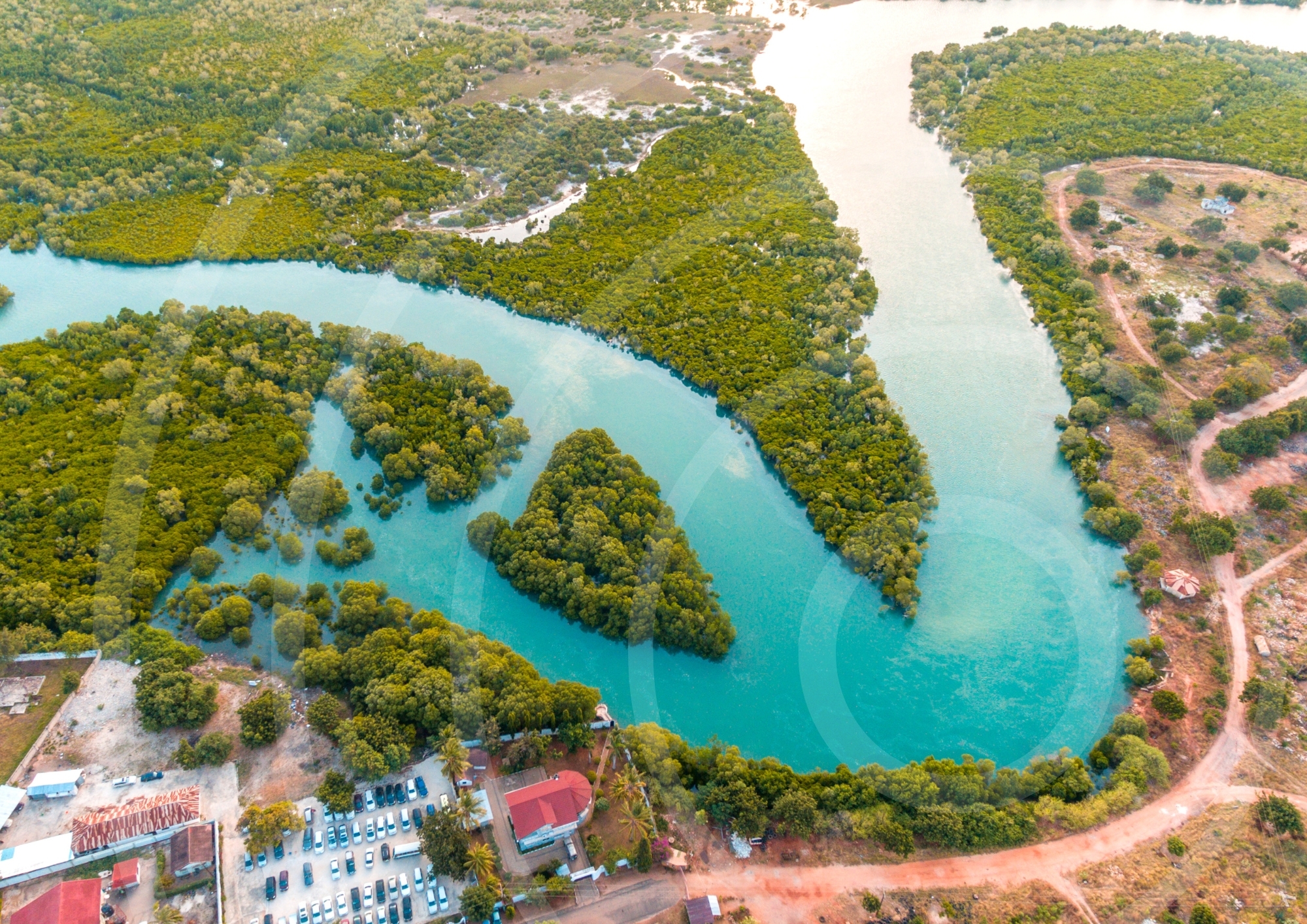
Insights on Antibiotic Resistance
Explore our webinars to gain valuable insights and stay informed.
Thank you! Your submission has been received!
Oops! Something went wrong while submitting the form.
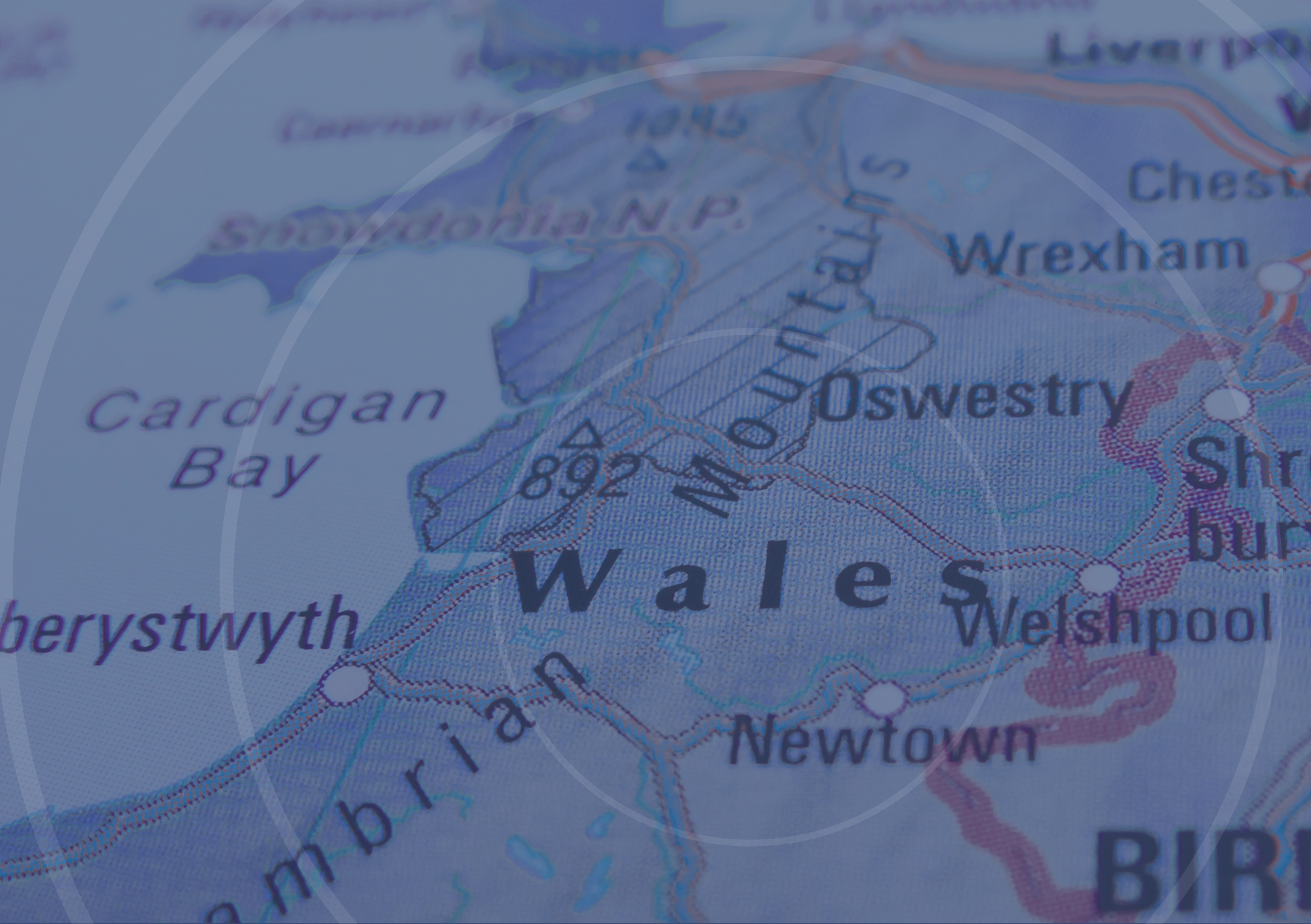
Blog post
Wastewater
Research
Harnessing Technology to Combat Antimicrobial Resistance: Insights from Wastewater Surveillance

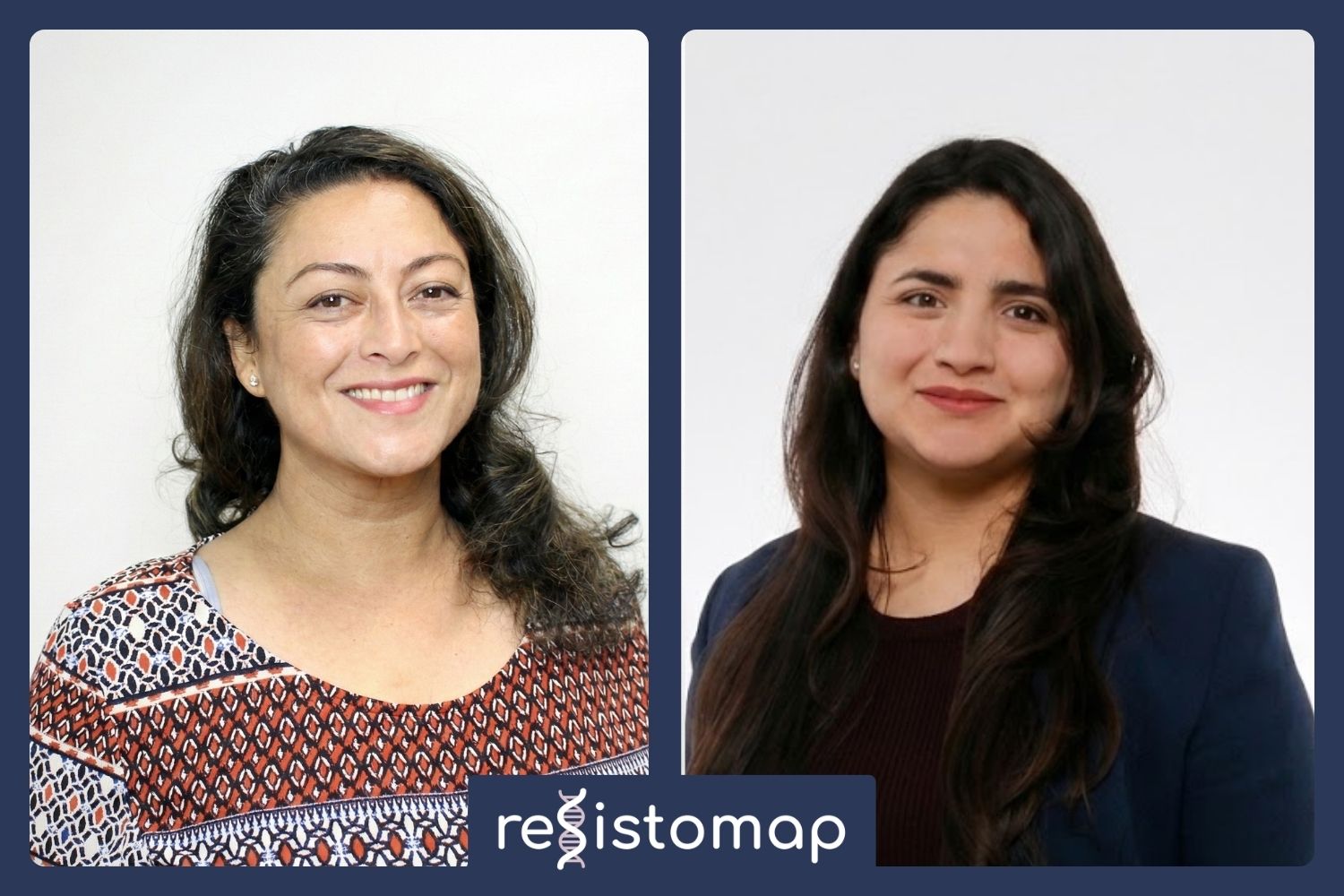
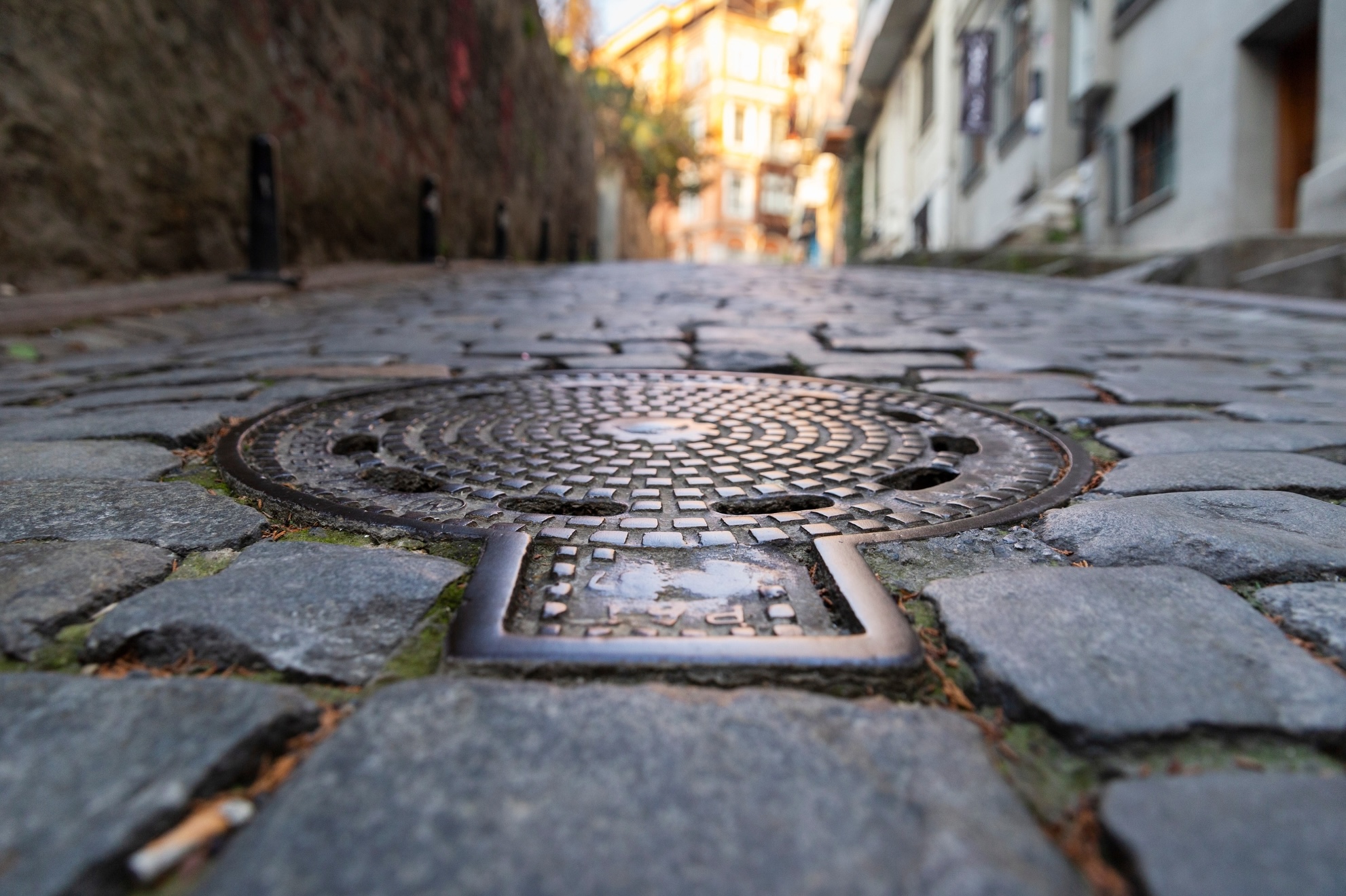
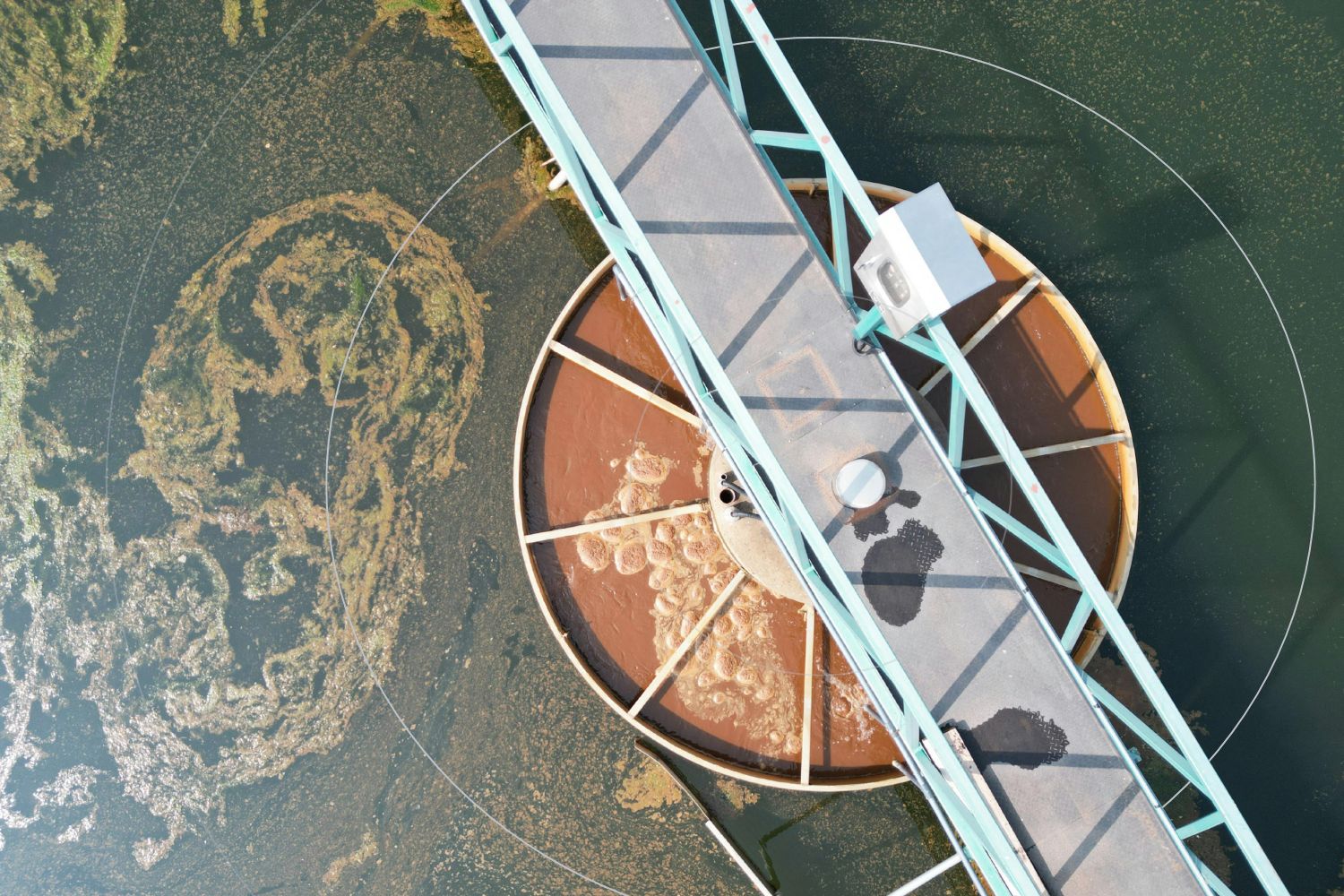
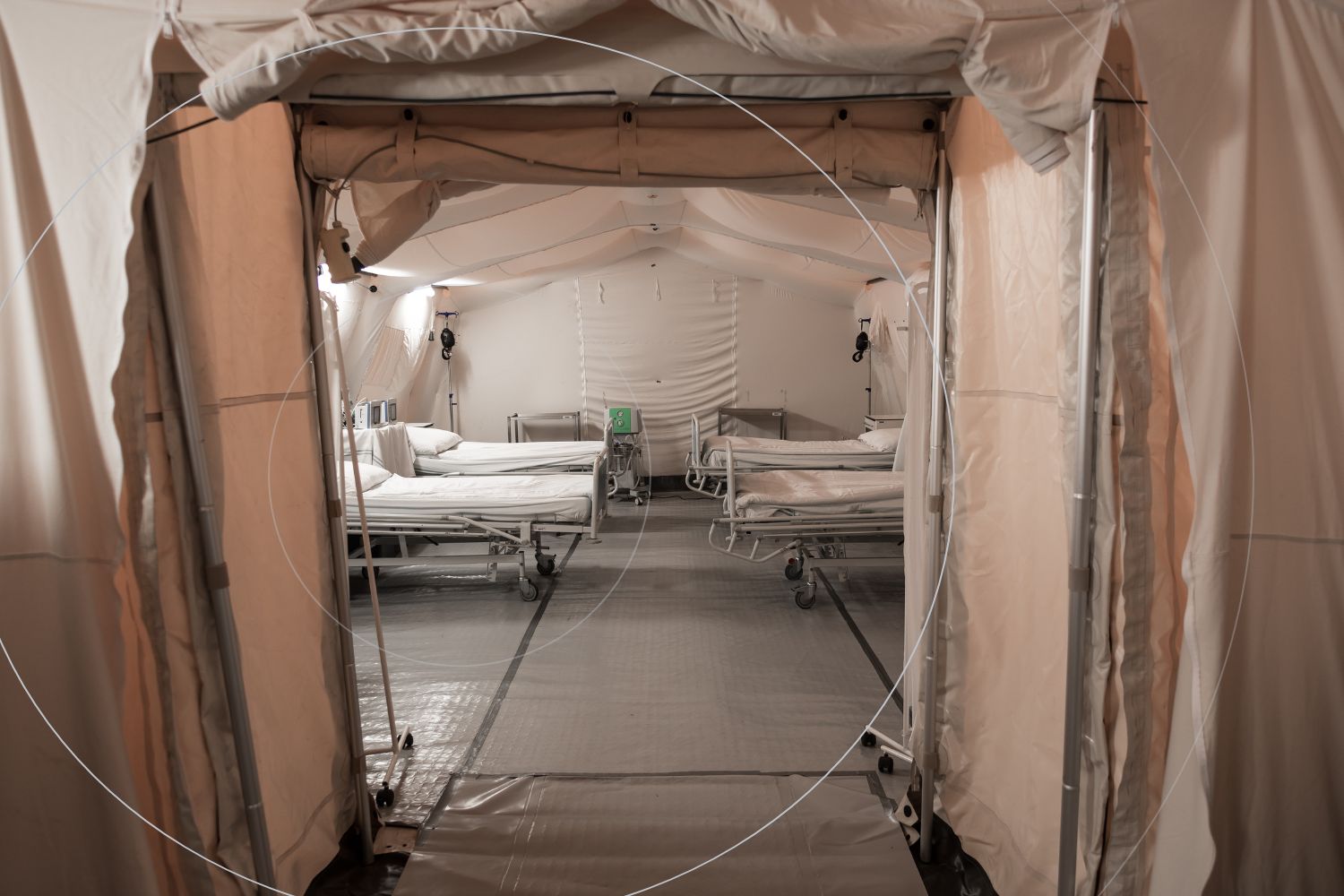
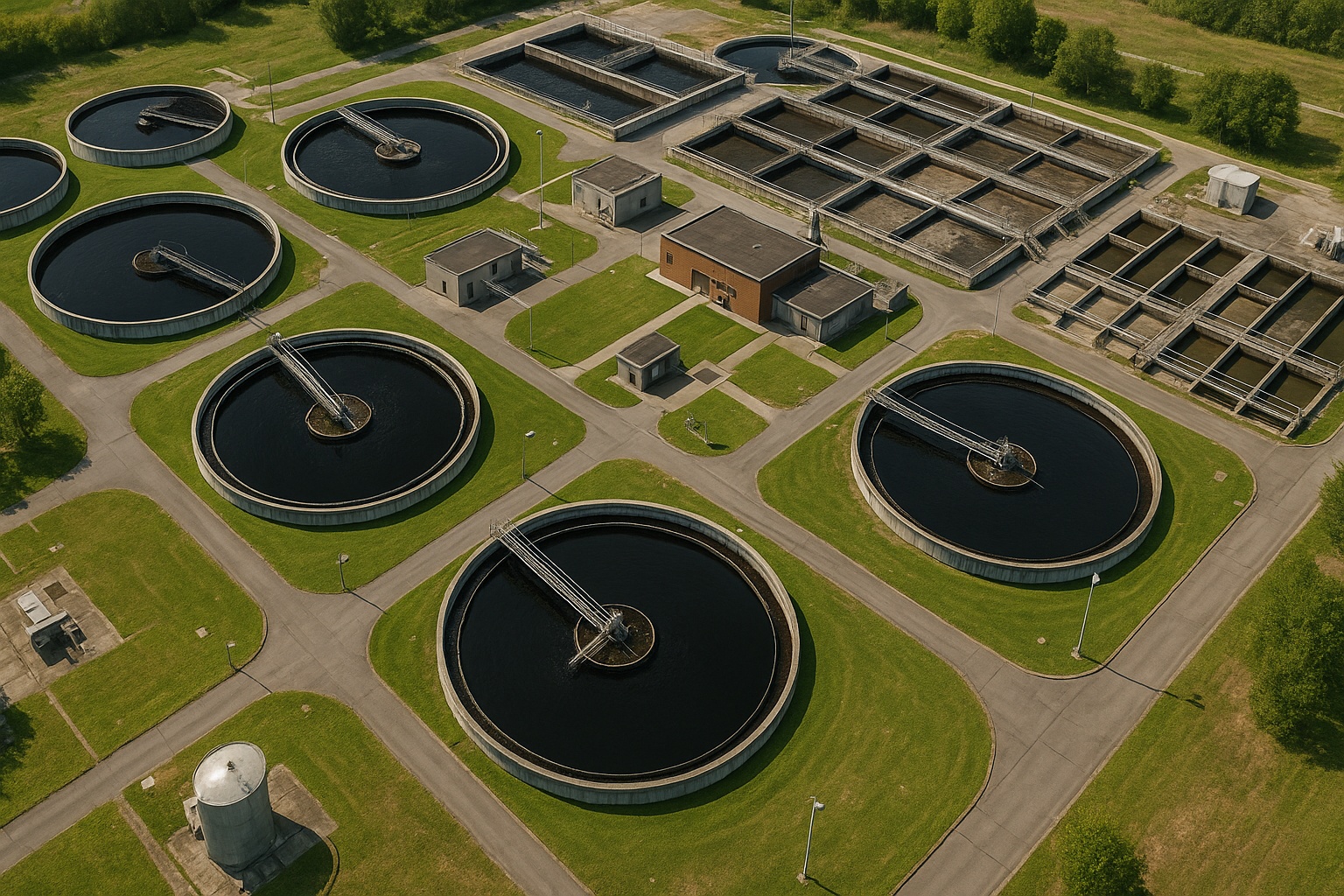






.jpg)
.jpg)
.png)










